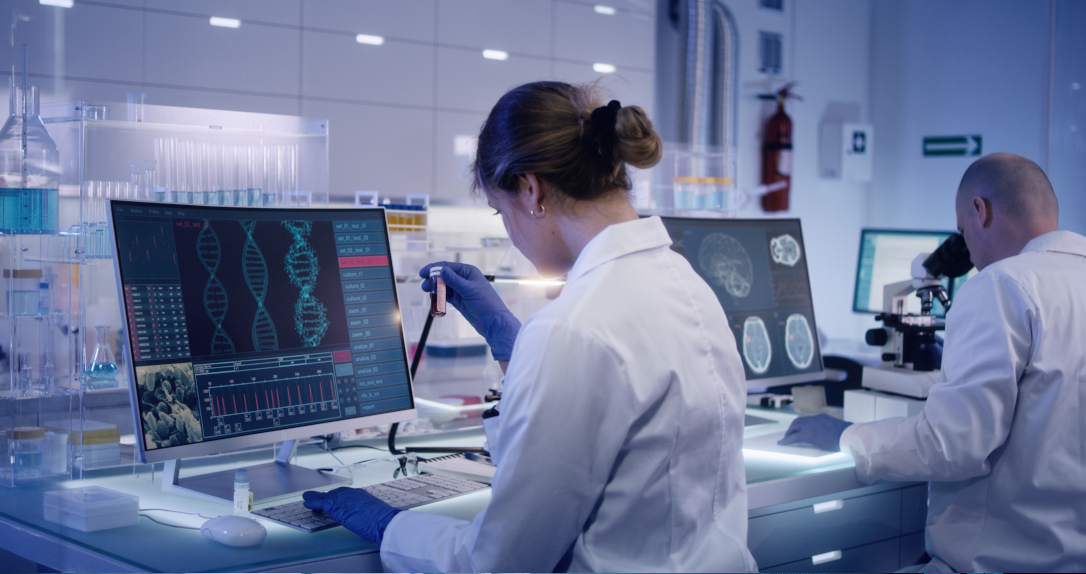
Advanced reproductive technology allows for embryos to be created through in vitro fertilization (IVF) and screened for chromosomal and genetic abnormalities. This screening gives fertility specialists the opportunity to select the healthiest embryos, with the greatest potential for implantation.
Preimplantation genetic screening (PGS) counts the number of chromosomes in an embryo and can rule out chromosomal number abnormalities.
In order to maximize one’s chance for a successful pregnancy, those with certain risk factors may opt for PGS to increase their chances of a healthy embryo. A fertility specialist may recommend the procedure for:
Genetic testing is a non-invasive screening that does not harm the embryo and there is no increased rate of pregnancy complication in embryos tested prior to implantation.

IVF Canada’s lab team will remove 5 to 7 cells from a mature embryo and then these cells are sent to our genetics lab for evaluation. Test results will be available within 7 – 10 days.
Normally a baby has 23 pairs of chromosomes. If this number is different, the embryo is chromosomally abnormal and would not be selected for implantation. It is important to note that this process does not identify specific indicators for diseases, while PGD does provide a more in-depth analysis of a single gene disorder.